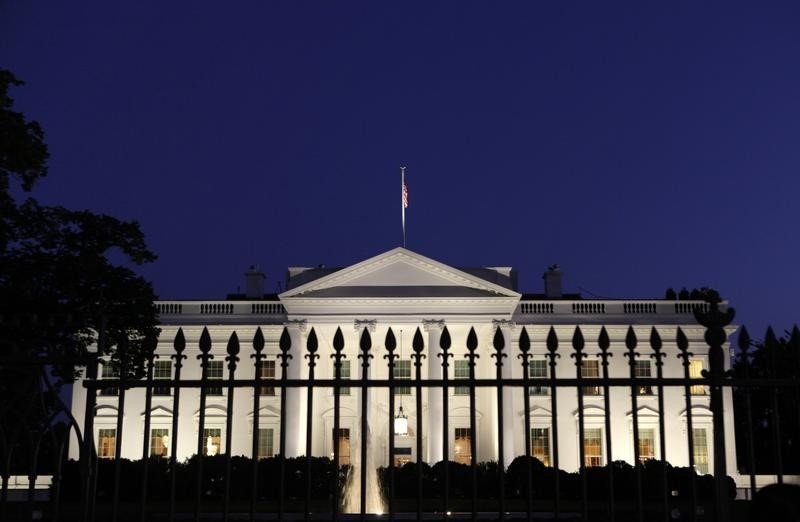By Alina Selyukh and Roberta Rampton
WASHINGTON (Reuters) - The White House on Thursday said legislation was not necessary to settle so-called "net neutrality" rules because the Federal Communications Commission had the authority to write them.
Republicans in Congress are trying to drum up support for a bill that would counter the FCC's upcoming new rules. The Obama administration's comments, while not entirely rebuffing the legislative effort, could make some Democrats wary of joining it.
"In terms of legislation, we don't believe it's necessary given that the FCC has the authorities that it needs under Title II," a White House official told Reuters. "However, we always remain open to working with anyone who shares the president's goal of fully preserving a free and open internet now and into the future."
At stake is what rules should govern how Inernet service providers (ISPs) manage web traffic on their networks to ensure they treat all Internet content fairly. At the heart of the latest phase in the debate over the rules is what legal authority should guide regulations.
Obama has urged the FCC to regulate ISPs more strictly under a section of communications law known as Title II, which would treat them more like public utilities. Broadband companies adamantly oppose the plan, saying the added regulatory burden would reduce investment and stifle innovation.
Republican chairmen of the Senate and House commerce committees, John Thune and Fred Upton, have been working to strike a legislative deal with Democrats that would adopt some of the same net neutrality principles but without resorting to Title II.
Late on Wednesday, Thune released a list of the net neutrality principles he would pursue, which closely echoed Obama's, such as bans on blocking or throttling of websites.
Some Republicans have also sought a delay in the FCC's vote to establish new net neutrality rules, now planned for Feb. 26. But FCC Chairman Tom Wheeler has indicated no interest in such a change.

"Chairman Wheeler believes it is important to move forward as quickly as possible to protect consumers, innovation and competition online," FCC spokeswoman Kim Hart said in a statement.